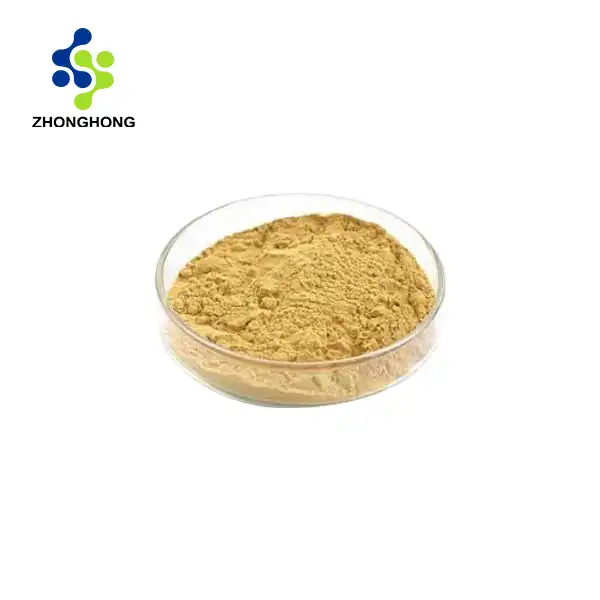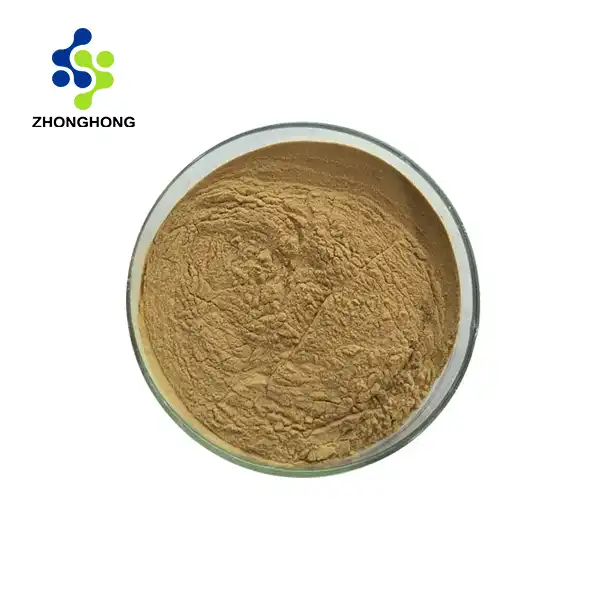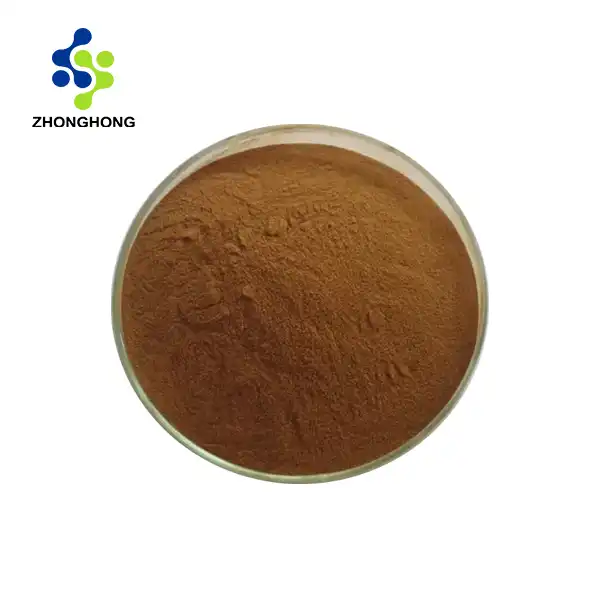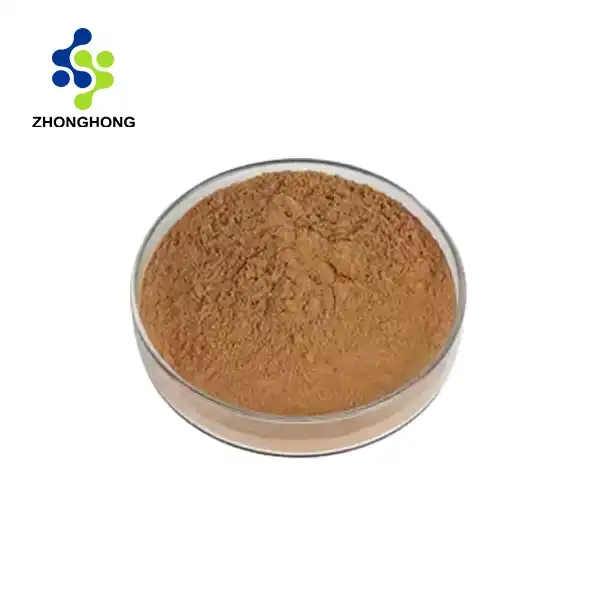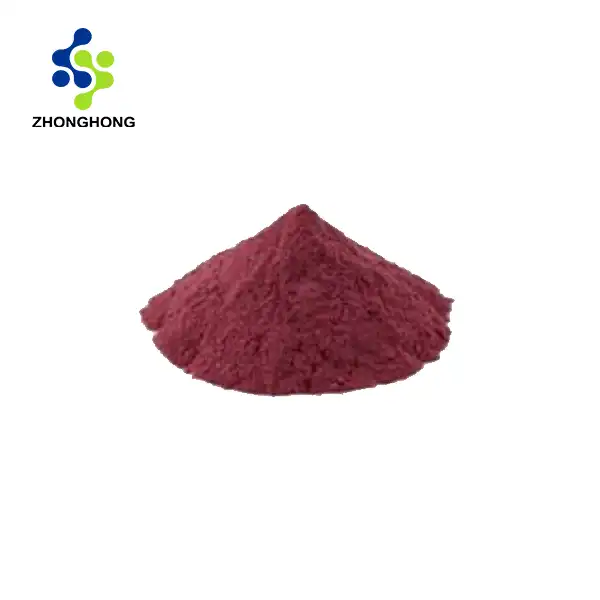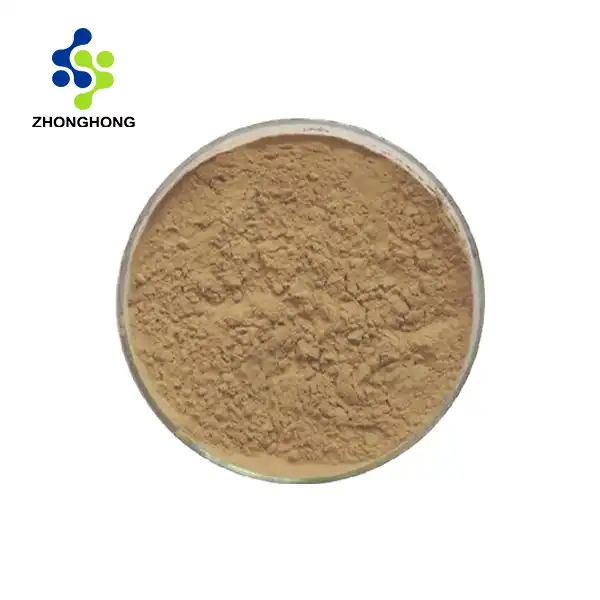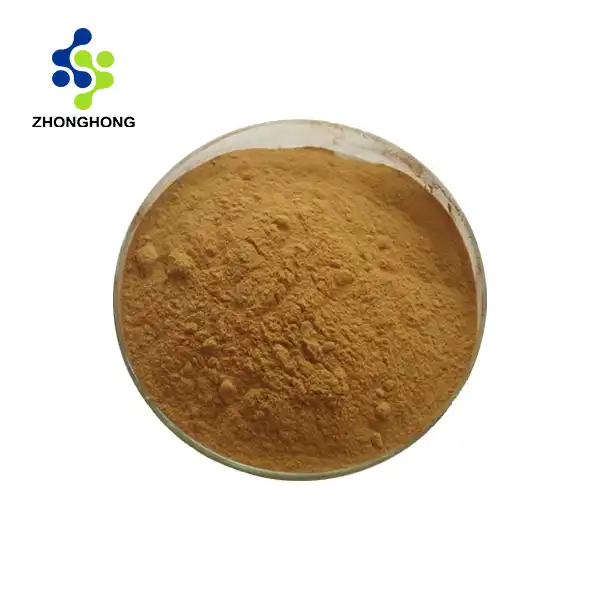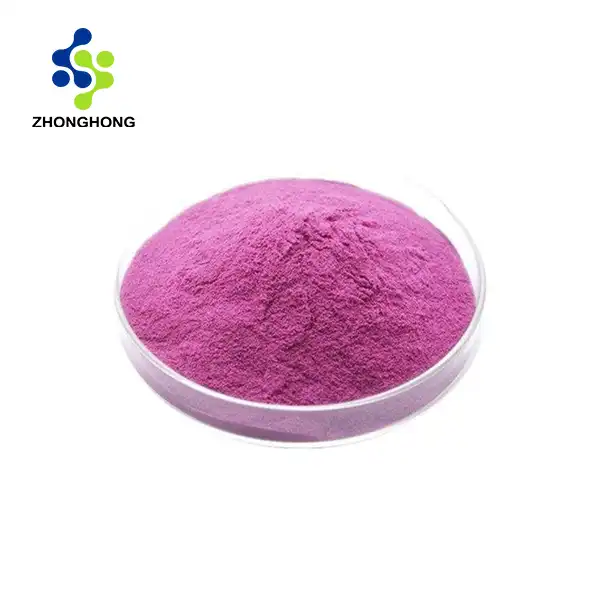Solubility Properties of Kojic Acid Powder
Chemical Structure and Solubility
Kojic corrosive, with its atomic equation C6H6O4, is a little natural compound inferred from different organisms. Its chemical structure highlights a 4-pyrone ring with a hydroxymethyl gather, which contributes to its dissolvability properties. The nearness of hydroxyl bunches permits for hydrogen holding with water particles, encouraging disintegration. Be that as it may, the hydrophobic ring structure limits its by and large solvency, coming about in direct water dissolvability.
Factors Affecting Solubility
A few components impact the solvency of kojic corrosive powder in water. Temperature plays a noteworthy part, with higher temperatures expanding dissolvability. The pH of the arrangement moreover influences disintegration, with kojic corrosive being more dissolvable in somewhat acidic conditions. Molecule measure of the powder can affect disintegration rate, with better particles by and large dissolving more rapidly. Moreover, the nearness of other substances in the arrangement can either upgrade or prevent kojic acid's dissolvability through different intelligent.
Solubility in Different Solvents
While water is a common solvent for Kojic Acid Powder, its solubility varies in different solvents. Kojic acid shows higher solubility in polar organic solvents like ethanol and propylene glycol compared to water. This versatility in solubility allows formulators to choose appropriate solvents or solvent systems based on the specific application and desired product characteristics. Understanding these solubility profiles is crucial for developing stable and effective formulations across various industries.
Applications of Kojic Acid Powder in Various Industries
Cosmetic Industry Applications
In the corrective industry, kojic corrosive powder is fundamentally esteemed for its skin-brightening properties. Its capacity to hinder tyrosinase, an chemical significant in melanin generation, makes it a well known fixing in items pointed at decreasing hyperpigmentation and evening skin tone. Kojic corrosive is consolidated into different details counting serums, creams, and moisturizers. The solvency of kojic corrosive in water and other cosmetic-grade solvents permits for its compelling integration into these items. Formulators must carefully consider the concentration and pH of kojic corrosive to guarantee steadiness and adequacy in the last item.
Pharmaceutical Uses

The pharmaceutical industry utilizes Kojic Acid Powder for its antimicrobial and antifungal properties. Its water solubility allows for the development of topical formulations for treating various skin conditions. Research has also explored kojic acid's potential in oral medications, where its solubility characteristics play a crucial role in bioavailability and efficacy. The pharmaceutical applications of kojic acid extend to its use as a chelating agent in certain drug formulations, leveraging its ability to bind with metal ions.
Food Industry Applications
In the food industry, kojic acid powder finds use as a natural preservative and color retention agent. Its ability to inhibit polyphenol oxidase helps prevent browning in fruits and vegetables. The water solubility of kojic acid is particularly advantageous in food applications, allowing for easy incorporation into various food products. However, regulations regarding its use in food vary by country, and formulators must adhere to local guidelines. The antioxidant properties of kojic acid also make it a potential ingredient in functional foods and dietary supplements.
Techniques for Dissolving Kojic Acid Powder
Optimal Dissolution Methods
To achieve optimal dissolution of Kojic Acid Powder in water, several techniques can be employed. Gentle heating of the water to around 40-50°C can significantly enhance solubility. Stirring or agitation during the dissolution process helps break up any clumps and ensures uniform distribution. For larger quantities, using a magnetic stirrer or overhead mixer can be effective. It's important to add the powder gradually to the water rather than all at once, which can help prevent clumping and promote more efficient dissolution.
pH Adjustment for Enhanced Solubility
Adjusting the pH of the solution can greatly improve the solubility of kojic acid powder. Kojic acid is more soluble in slightly acidic conditions, with optimal solubility typically observed at pH levels between 4 and 5. This can be achieved by adding small amounts of a compatible acid, such as citric acid or lactic acid, to the water before introducing the kojic acid powder. However, care must be taken not to lower the pH excessively, as this can affect the stability and efficacy of kojic acid in the final formulation.
Solubility Enhancement Techniques
For applications requiring higher concentrations of kojic corrosive, different dissolvability upgrade strategies can be utilized. One approach is to utilize co-solvents, such as propylene glycol or ethanol, in combination with water. These co-solvents can essentially increment the sum of kojic corrosive that can be broken up. Another procedure is the utilize of surfactants or emulsifiers, which can offer assistance make steady scatterings of kojic corrosive at higher concentrations. Progressed strategies like micronization of kojic corrosive powder or the utilize of cyclodextrins for embodiment can moreover be investigated for improving solvency and steadiness in particular details.
Conclusion
Kojic Acid Powder's solubility in water is a key characteristic that influences its applications across various industries. While it does dissolve in water, understanding the factors affecting its solubility and employing appropriate techniques can optimize its use in cosmetic, pharmaceutical, and food products. Proper handling and formulation of kojic acid ensure its effectiveness and stability in diverse applications. If you want to get more information about this product, you can contact us at liaodaohai@gmail.com.
_1728976869676.webp)
